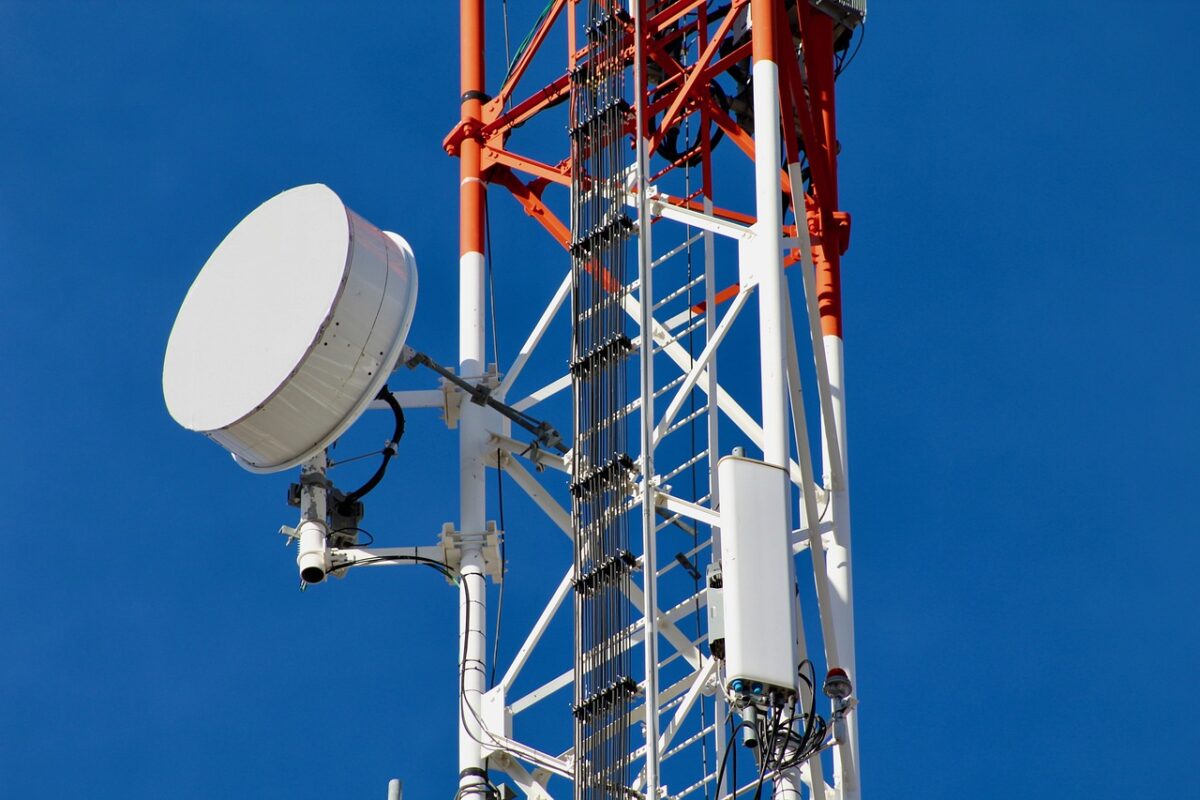
Nigeria’s telecommunications giant Globacom (Glo) has lost a staggering 3.2 million internet subscribers in just five months, marking its most significant decline in over a decade.
According to data released by the Nigerian Communications Commission (NCC), the company’s subscriber base dropped from 17.1 million in December 2024 to 13.9 million by May 2025.
This sharp fall, averaging a loss of 21,000 users daily, effectively wipes out all user gains made since 2013 and highlights serious structural issues within the company’s operations.
The dramatic downturn was triggered in part by the NCC’s recent enforcement of SIM-NIN (Subscriber Identity Module – National Identification Number) linkage policies. The regulatory push exposed discrepancies in Glo’s reported subscriber numbers, revealing long-standing overestimations.
However, the problems run deeper.
Analysts point to Glo’s significant infrastructure limitations. The network currently manages just 13,800 kilometres of fibre optic cables nationwide — a figure dwarfed by rival MTN Nigeria’s infrastructure.
Additionally, Glo’s in-house maintenance of its 8,550 cell towers has reportedly delayed service response times, leading to 102 major outages in early 2025 alone.
“Unusable,” was how Owerri-based software developer Sullivan Emerald described Glo’s network. “Outside of key urban zones, it’s practically dead.”
Meanwhile, Nigeria’s smallest telecom operator, 9mobile, may stand to benefit.
In July 2025, the company secured a roaming agreement with MTN, enabling its 1.4 million subscribers to access MTN’s expansive 2G to 4G coverage.
Analysts estimate 9mobile could gain between 250,000 to 300,000 new users each month if it leverages the deal effectively.
Still, doubts linger over 9mobile’s long-term viability. Its ambitious $3 billion recovery plan faces scrutiny, especially as roaming fees to MTN could erode margins unless its digital banking arm, 9PSB, sees meaningful growth.
Glo’s founder, Dr Mike Adenuga Jnr, is facing increased criticism for his centralized management style, which insiders say has stifled innovation and contributed to operational inertia.
The abrupt resignation of CEO Ahmad Farroukh in May 2025 only deepened concerns.
Compounding Glo’s troubles are mounting regulatory fines and outstanding interconnection debts to rival operators, further denting its credibility in an increasingly competitive market.



